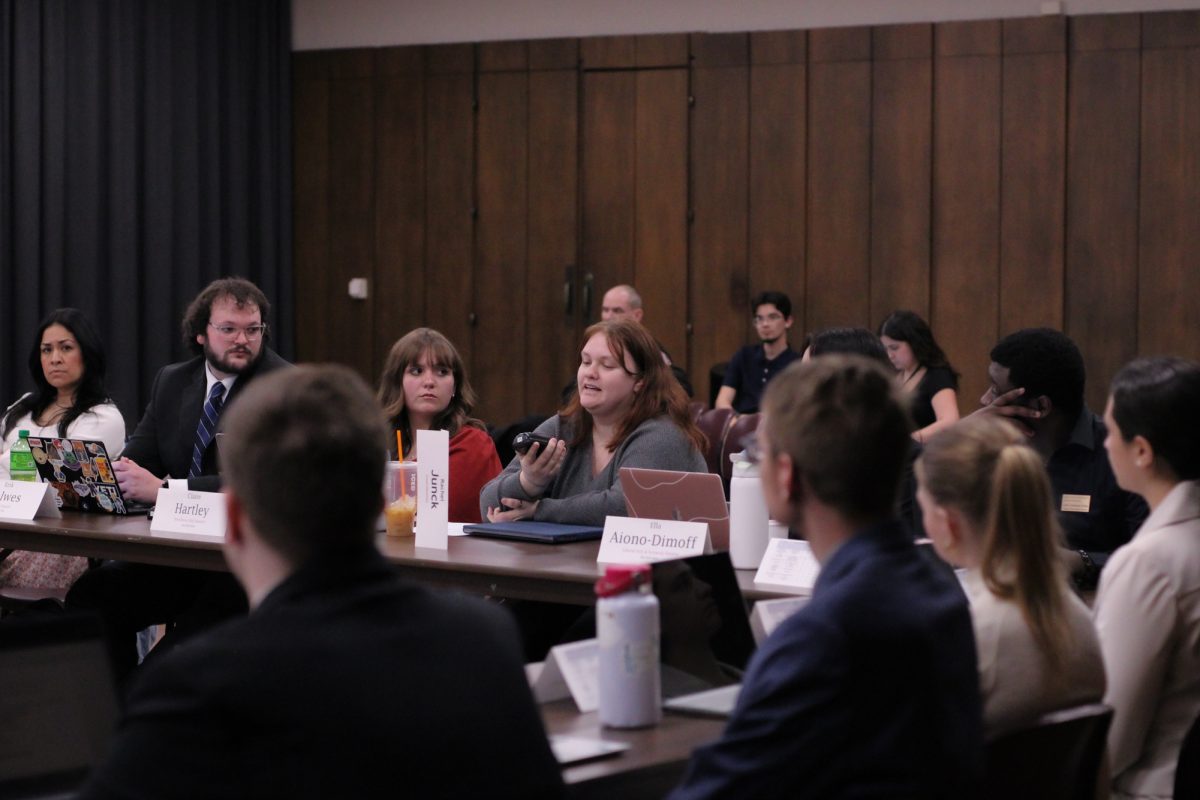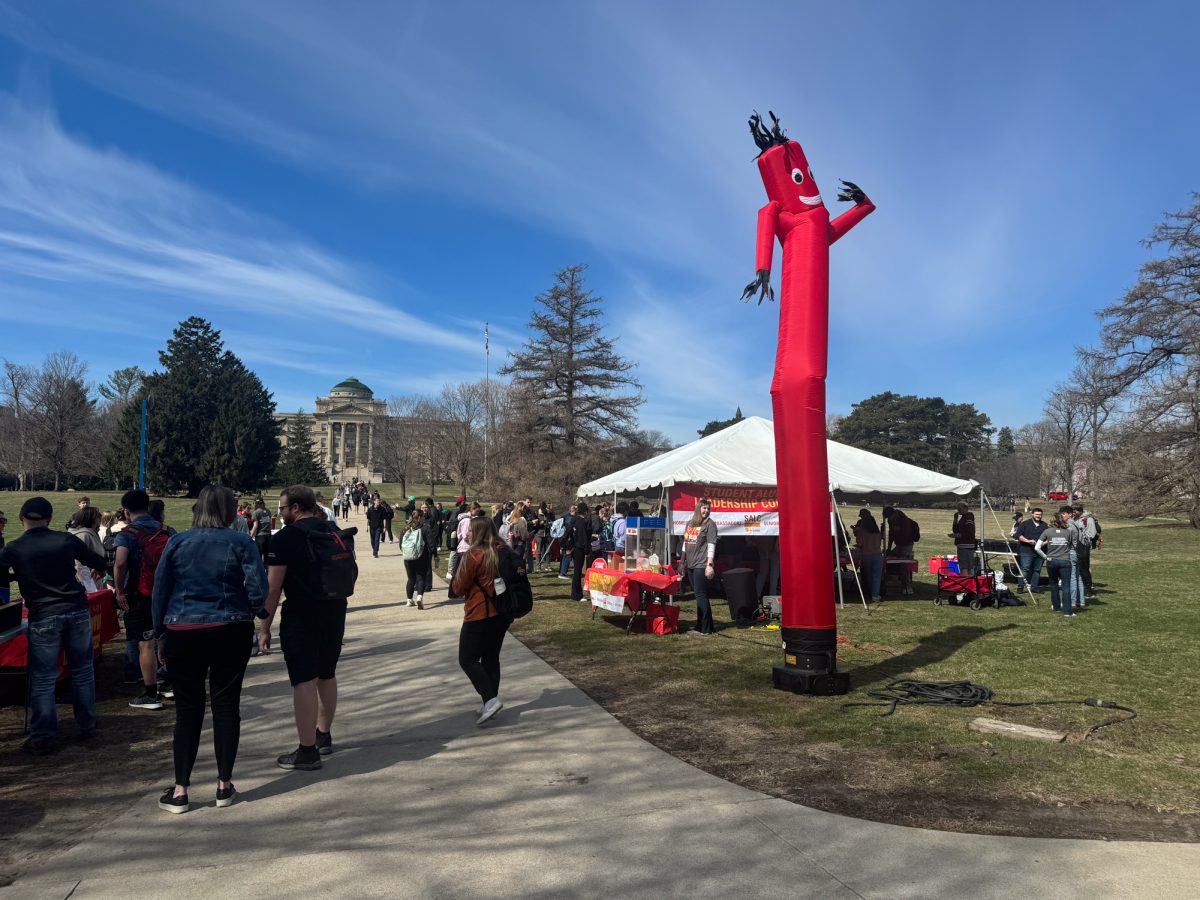Suicide blast kills more than 100 at tightly guarded Yemen site
May 21, 2012
SANAA, Yemen — A suicide bomber dressed in a military uniform infiltrated one of the most heavily secured locations in Yemen on Monday, setting off a blast that killed more than 100 soldiers, authorities said.
The explosion at the central security headquarters appears to be the deadliest single attack ever carried out against Yemeni troops. It left at least 101 dead and more than 70 injured, with some in critical condition, authorities said.
More than an hour after the attack, there were still bodies at the blood-spattered scene, and some ambulances responding to the blast took six or seven victims apiece, an official said.
“We heard a massive explosion. Minutes later, there were so many emergency vehicles, it seems as if hundreds were injured,” said resident Ali al-Husseini, who was near the attack.
A Yemeni official in Washington said that it was too early to know who was responsible but that suicide attacks are “the hallmark of al Qaeda.”
The partially lawless Middle Eastern country has become a central battleground in the fight against al Qaeda, with the terror network’s leader calling recently for an uprising against the new president.
Monday’s blast targeted a military parade rehearsal in Sabeen Square in the capital Sanaa, said Mohammed Albasha, a spokesman the Yemeni Embassy in Washington.
The attack took place about 200 meters (218 yards) from the presidential palace. No one immediately claimed responsibility.
The country’s defense minister, Mohammed Nasser Ahmed, was at the scene of the attack but escaped unharmed, the Defense Ministry said. Military chief of staff Ahmed al-Ashwal was also present.
The soldiers were preparing for Tuesday’s National Day of Unification ceremonies when they were attacked.
The day celebrates the union of South Yemen and North Yemen on May 22, 1990, to form Yemen.
The attack came a day after an American service member was wounded in a shooting in the port city of Hodeida, two local security officials said.
Two others escaped unharmed when unidentified gunmen opened fire on their vehicle, the officials said. The victim was injured by flying glass from the vehicle’s windshield, they said.
The three Americans were military trainers working with the Yemen coast guard, and one person has been arrested in the attack, the sources said.
Last week, al Qaeda’s leader called for the Yemeni people to rise up against the country’s new president, portraying him as the stooge of the unpopular former president, Ali Abdullah Saleh, and the United States.
“So, Ali Abdallah Saleh is gone, and his successor Abed Rabbo Mansour Hadi has taken over,” al Qaeda’s chief commander Ayman al-Zawahiri said in a video posted on jihadist forums.
Saleh, who led Yemen for 30 years, relinquished power last year after an extended popular uprising in a transition agreement that was supported by the United States. Hadi was Saleh’s vice president, and al Qaeda has exploited the connection to stir resentment against the new government.
Last year, Ansaar al-Sharia, an offshoot of al Qaeda, took over the majority of districts in the southern Abyan province, benefiting from the political turmoil in the country. Numerous military bases were evacuated, making it easier for the militant groups to grow in power and territory.
On Sunday, fierce clashes between government troops and al Qaeda fighters left 21 people dead, two local security officials said.
The officials said the violence erupted when hundreds of troops attempted to sweep through areas around the district of Jaar, the main stronghold for al Qaeda in Abyan province.
Al Qaeda fighters fought back, kicking off clashes that continued for nine hours, the officials said. Fourteen militants and seven troops were killed in the fighting, they said.
Government forces have been battling fighters loyal to the local branch of al Qaeda for more than a year, but not made lasting headway.
The United States has carried out dozens of drone strikes against militants in Yemen, including the radical American-born cleric Anwar al-Awlaki, who was killed in September.
— CNN’s Elise Labott contributed to this report.






